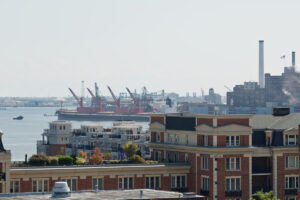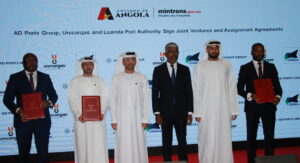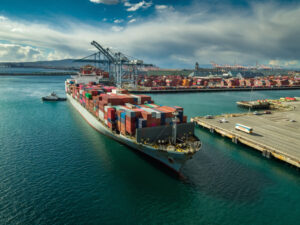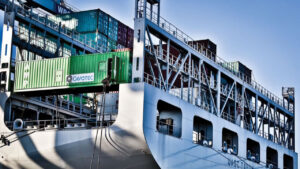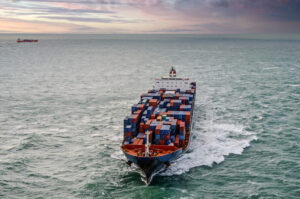Past reporting of inspections carried out on container and cargo “has been sparse,” and an increase on the number of inspections is needed according to one freight transport insurer.
TT Club, which provides mutual insurance and risk management services for containers, welcomed the IMO’s recent revised guidelines for inspections and called for an increase in the volume of inspections.
Revised Guidelines for the Implementation of the Inspection of Cargo Transport Units (CTUs) issued last month by the IMO are aimed at helping governments to implement a uniform and safe inspection programme. The IMO Circular (MSC.1/Circ.1649) seeks to broaden the inspections undertaken and align fully with safety guidance developed during the last decade (previous guidelines date from 2012).
Governments are now requested to select from all cargo types, rather than simply declared dangerous goods, for inspection.
Further the guidance takes account of the issuance of the CTU Code, revisions of container safety regulations and the need to minimise the movement of invasive pests. The Circular additionally notes the continuing low rate submission of inspection reports and encourages an increase in such inspections.
Peregrine Storrs-Fox, TT Club’s Risk Management Director, commented: “With the string of container ship fire casualties and fatal incidents at storage facilities, most recently at Chittagong (Chattogram), in our minds, our current concerns are manifest.
“They constantly remind us of the importance of adequate safety procedures in packing, handling and transporting the array of cargoes that have the potential to cause catastrophic incidents.”
Only five of the 179 governments affiliated with IMO submitted reports on inspections at the last Carriage of Cargoes and Containers (CCC) sub-committee meeting in September 2021, Storrs-Fox continued.
Storrs-Fox added: “The international supply chains that service the trade in a myriad of commodities are complex and notoriously susceptible to disruption.
“Congestion and delays increase the challenges involved in maintaining safety levels in an environment where the demand for reliable delivery of goods is high. Such circumstances require an even higher level of attention to safe practices.
“The collection of information on the effective use and/or mis-use of these practices needs to be enhanced by a much higher level of rigorous inspections and report submissions from governments, but working from the understanding that this is a shared problem.”


